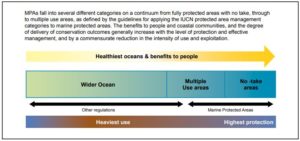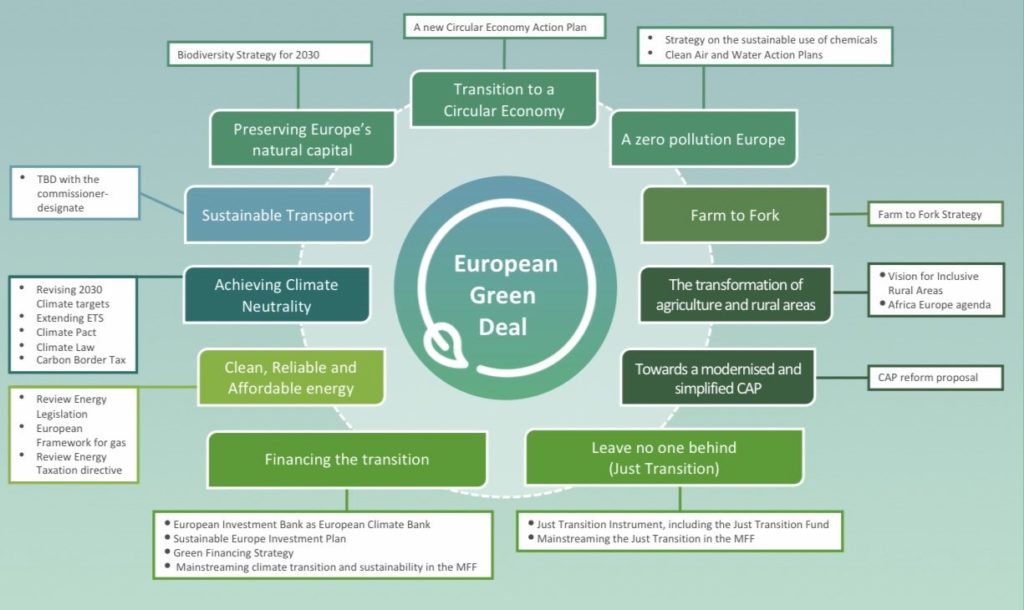The busy autumn of Kullaberg Junior Rangers
Kullaberg Junior Rangers on their visit to Frederikshavn, Denmark.
This autumn has kept the Kullaberg Junior Rangers busy. Their programme included a lot of work in their own nature reserve, but also visits to other Nature Parks.
Hunting and bird ringing in Denmark
Working in the Kullaberg nature reserve, one of their projects was about building new stairs for the steepest part of one of the trails. Besides that, they were active in building their network and spreading the word about the Junior Ranger Programme.
One of the Junior Ranger groups spent a weekend in Frederikshavn, Denmark, with their local counterparts.

Junior Rangers Kullaberg also helped with bird ringing.
Our plan for this short visit was to help restore the trouts spawning areas. Unfortunately, the water levels were too high and the current too strong, so we had to change our programme. We settled for a very interesting lesson on the same topic, but we also learned about deer hunting. Bo Storm, the ranger in Bangsbo Dyrehave, took us hunting with him.
The next day we went to the birding center in Skagen where we participated in bird ringing. During the weekend, we also had time for lots of fun and games.
Adventures in Fulufjället

Some Junior Rangers from Kullaberg visited Fulufjället National park and its waterfalls.
For five days during the autumn break, four of the older Junior Rangers went to Fulufjället National park on the border with Norway, to tell them about EUROPARC Junior Ranger programme and to learn more about the national park. In their adventure, they got to see one of Sweden’s highest waterfalls, the world’s oldest tree, Old Tjikko and the northern lights.
Does your Protected Area also run the Junior Ranger Programme? Let us know about your activities on f.minozzi@europarc.org, we will be happy to share them! Check out also the Habitat Heroes Campaign and its 7 pioneers!
New & updated edition of the IUCN Guidelines for Marine Protected Areas
IUCN (International Union for Conservation of Nature) and WCPA (World Commission on Protected Areas) recently published a new and updated edition of the Guidelines for applying the IUCN protected area management categories to Marine Protected Areas (MPAs).
Make sure you have the latest version!
Marine and sustainable fisheries management are crucial to keep our oceans in a good state. The primary purpose of these supplementary guidelines is to use the IUCN categories for marine and coastal protected areas accurately and consistently.
The new guidelines apply the most recent definitions and clarify which areas qualify as Marine Protected Areas and should be counted towards global and national targets.
These marine guidelines aim to ensure that the IUCN categories can be effectively applied to all types of MPAs as well as to any marine components of adjoining terrestrial protected areas.
The first edition was published in 2012. This second edition was developed in response to the widespread incorrect application of the categories to Marine Protected Areas.
The correct use of these categories is particularly important as we will soon need to assess progress towards the 2020 marine component of Aichi Target 11, and for setting new targets in the post-2020 Global Biodiversity Framework.

Source: IUCN Guidelines for applying the IUCN protected area management categories to marine protected areas, 2019.
Download the publication here: IUCN Guidelines MPAs
In this way, you will ensure that you are accessing the most recently updated version of 2019. It replaces all previous versions, including those published in French and Spanish. This new edition should be translated in other IUCN languages as soon as possible.
Reaching out for a sustainable future: the EU Green Deal
Article issued by Ignace Schops, EUROPARC President
A New Green Deal for Europe
Reaching out for a sustainable future. Yesterday, the EU-president Ursula von der Leyen and EU vice-president Frans Timmermans presented the EU New Green Deal in the EU Parliament. With this initiative, the European continent takes the global lead in a green transformation. The New Green Deal can be the game-changer that accelerates the urgent progress we need to stay in harmony with our planetary boundaries.
With the New Green Deal, the EU installs a kind of “eco-check”, integrated into all the decision-making processes.
Energy, transport, agriculture, biodiversity, investments, waste, circular economy, air- soil- and water quality, … whatever topic is raised it needs to serve the 2050 carbon neutrality objective!
The transformation will be unprecedented: planting 2 billion trees and implementing a new biodiversity strategy. The polluter pays principle will be activated, the production of steel will need to be climate neutral by 2030, an EU carbon tax will be installed, the shipping and aviation sector will be transformed and integrated into the emission trade system, mobility systems will be electrified, and many other measures will be taken.

An important condition is the social inclusion, nobody is excluded and needs to benefit from the deal. A “Just Transition Mechanism” – with 100 billion euro – will help regions to phase-out their fossil fuel dependency and convert them towards carbon neutrality by 2050.
The roadbook to carbon neutrality in 2050 will be aligned with new checkpoints. A new EU carbon emissions reduction plan will be installed based on the Paris Agreement and the recent IPCC outcomes. The planned carbon reduction of -40% by 2030 will be adjusted to -50% or even -55%. The European Investment Bank will become the European Climate Bank and an EU climate law is a real ambition!
Not every state, not every stakeholder and not every European inhabitant is yet convinced. EUROPARC Federation is strongly convinced the New Green Deal is our life-line to a sustainable future. If we want clean air and drinkable water for everyone. If we want a biodiverse and climate-neutral society. If we believe in justice and solidarity and if we would like to give a perspective to the future generations, we need to give our full support to the EU’s New Green Deal.
Because we cannot destroy what keeps us alive!
… I wish you all a Merry Christmas and a Happy New Year!
Ignace Schops

Article issued by Ignace Schops
Watch the award-winning films of the Mobile Film Festival
The 15th Mobile Film Festival (MFF) closed its ACT NOW edition in partnership with YouTube Creators for Change and United Nations Climate Change (UNFCCC). The award ceremony took place on the 3rd December and the jury awarded 8 films coming from Europe, Asia, Africa and America.
Watch the award-winning films
The 15th edition of the Mobile Film Festival ‘ACT NOW on climate change’ has announced the winners. The 8 award-winning films come from Europe, Asia, Africa and America. They represent very different approaches and realities when dealing with waste, water scarcity, deforestation, youth activism, climate anticipation, and overpopulation.
The award ceremony was held in Paris, on the 3rd of December, and gathered 600 people.
All these films will travel the world as they have already started doing it. They provoke, question and raise awareness on the urgency to act now in the face of climate change.
International Grand Prize: Wallet
The film ‘Wallet‘ by Fatima Nofely from Iran won the jury’s attention by its beauty and the strength of its story. It takes us to a world not that far away, where water has become a bargaining chip.
France Grand Prize: Scream
Among the European winners, the jury highlighted for example the quality and message of the French film “Scream“. This piece by Gonzague Legout has already been retweeted
by the official Twitter account of the UN, followed by 11 million people.
About the Mobile Film Festival
This year for the 15th time, the Mobile Film Festival returned with rules that made its success: 1 Mobile, 1 Minute, 1 Film; and participation open to everyone. Joining the campaign ACT NOW on climate change, launched by the UN General Secretary, Antonio Guterres, the Festival gathered 800 films from 91 countries. 50 films from 24
countries made it to the Official Selection.
Watch all the award-winning films HERE and spread the message: ACT NOW on Climate Change!


